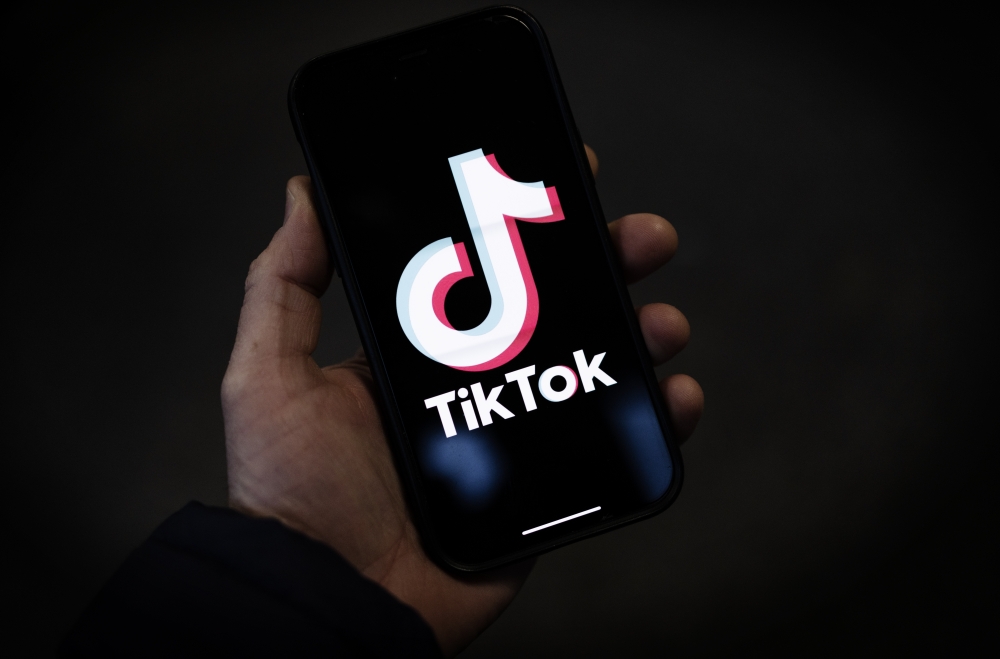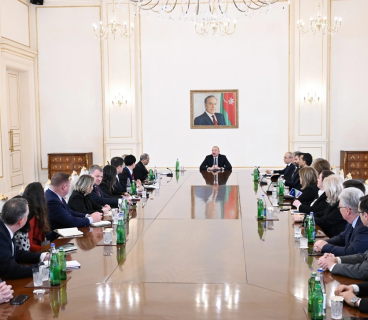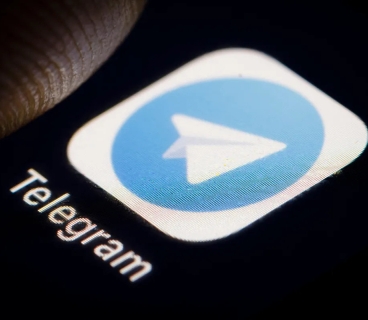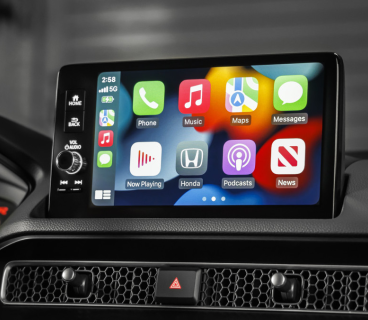TikTok has been at the center of controversy in the United States for four years. The main concern is that the Chinese government could gain access to U.S. user data through the platform.
Last month, TikTok was temporarily banned in the U.S. but was quickly restored. Last week, the app became available again on the App Store and Google Play Store. However, its future in the U.S. remains uncertain. Several investors are competing to acquire the platform, with CFRA Research Vice President Angelo Zino estimating that TikTok’s U.S. business could be worth $60 billion.
The tension between TikTok and the U.S. government began in 2020 when then-President Donald Trump signed an executive order banning transactions with ByteDance. The Trump administration attempted to force TikTok to sell its U.S. operations to a domestic company. Major corporations like Microsoft, Oracle, and Walmart were among the potential buyers. However, a U.S. court temporarily allowed TikTok to continue operating, leading to a prolonged legal battle.
On April 23, 2024, the U.S. Senate passed a law against TikTok. Shortly after, President Joe Biden signed legislation requiring TikTok to either be sold or completely banned. In response, TikTok sued the U.S. government, arguing that the law was unconstitutional and violated free speech rights. The company insisted that its data was secure and that it fully complied with U.S. regulations.
In December 2024, Donald Trump unexpectedly opposed TikTok’s ban. In January, the U.S. Supreme Court upheld the "Protecting Americans from Foreign Adversary-Controlled Applications Act" (PAFACA). TikTok announced that it would cease operations in the U.S. on January 19, when the law was set to take effect. However, just 12 hours later, the platform was reinstated. TikTok’s statement credited Trump’s efforts for its return to the U.S. market.
Current Situation
On January 20, Trump signed an executive order postponing the TikTok ban for 75 days. During this period, TikTok must either be sold or reach an agreement with the Trump administration. Trump has expressed support for a joint ownership model, where ByteDance and U.S. companies would share equal stakes (50-50). So far, no final agreement has been reached on the sale of TikTok, but a resolution is expected soon.
While Trump’s order temporarily protects the app’s operations, the future remains uncertain once the 75-day period expires. U.S. companies and investors continue to compete for TikTok’s acquisition, and a final decision is expected in the near future.







